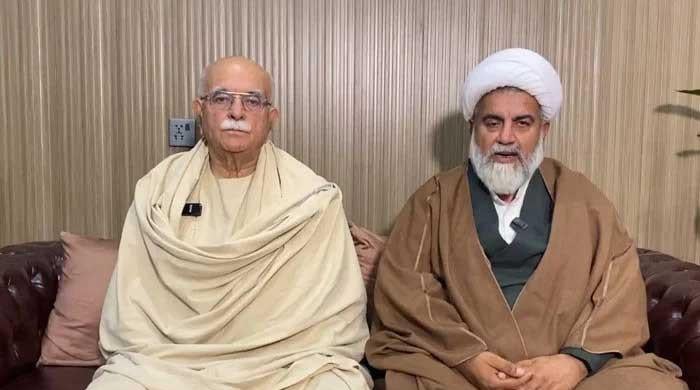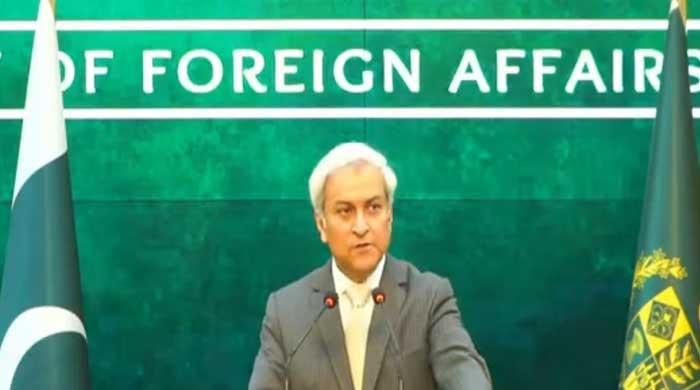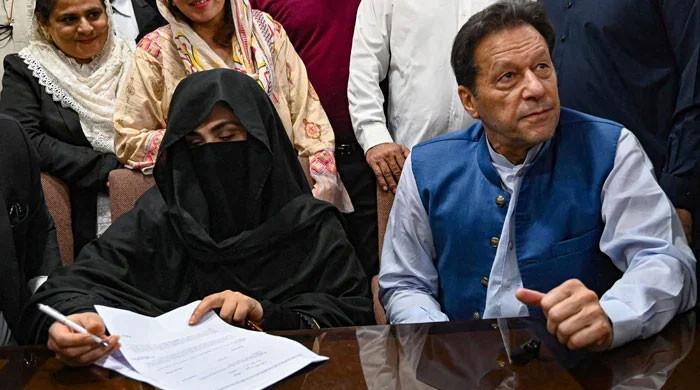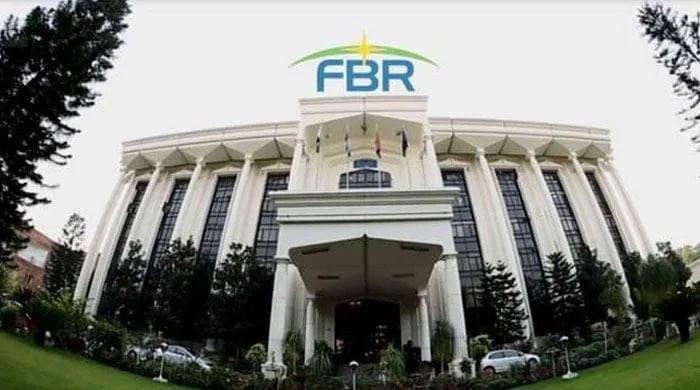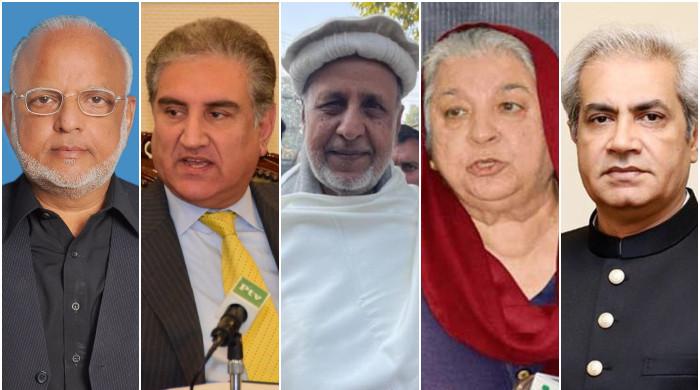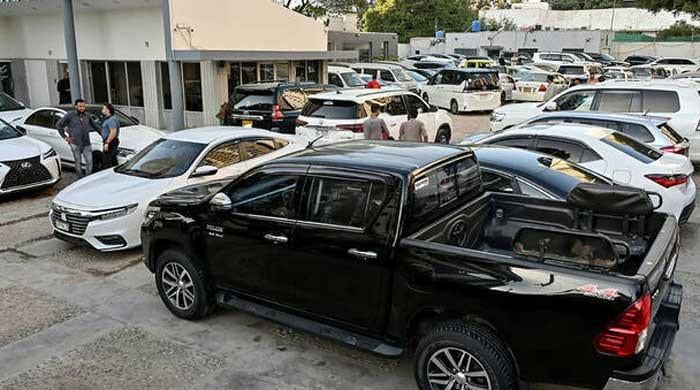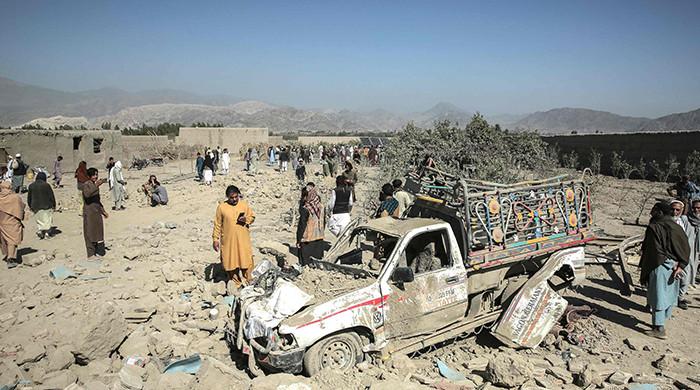Supreme Court terms prolonged detention of accused in NAB cases 'unfair'
SC seeks reasons from Lahore's accountability court for delays in NAB trials
October 23, 2020
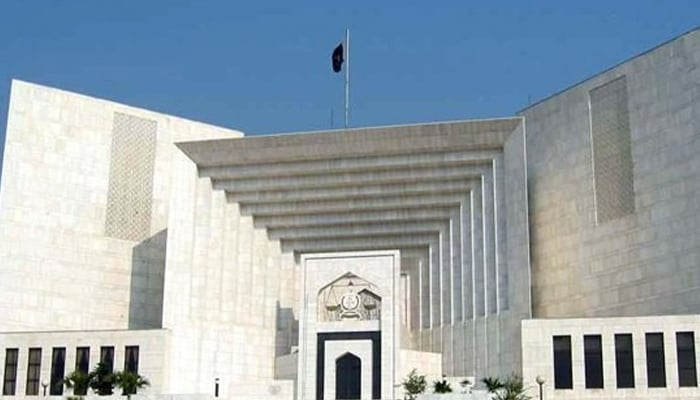
ISLAMABAD: The Supreme Court on Friday termed the prolonged detention of the accused in cases filed by the National Accountability Bureau (NAB) as "unfair", asking the anti-graft watchdog to explain why there were delays in such cases.
The top court took notice of prolonged detentions and delays in the NAB's cases during a hearing — presided over by a three-member bench led by Justice Umar Ata Bandial — of a bail petition filed by Punjab Food Director Muhammad Ajmal.
The counsel for the accused, Advocate Abid Saqi, informed the court that his client had been kept in detention for the past 16 months but that the proceedings had not commenced. There was no progress during the coronavirus pandemic either, he added.
Read more: Disposal of any corruption case in 30 days not possible, NAB chairman tells Supreme Court
The NAB has acknowledged the sources of at least Rs70 million worth of assets out of a total of Rs110 million, Saqi stated.
In response, Justice Yahya Afridi remarked that accused cannot be detained in jail for so long on corruption charges. Properties may be frozen and the passport confiscated if an individual is accused of corruption, he added.
"Apprise the court as to why it is necessary to keep the accused in jail," Justice Afridi remarked. "There are 80 cases before this one, so why keep this accused detained during this time?
"Yesterday, the chief justice had ordered that there should be no unnecessary adjournment in NAB cases," the judge said, following which Justice Bandial read out the relevant order from the previous day.
A special prosecutor of the NAB responded, saying he assured the court that proceedings related to the witnesses would be completed in November.
Read more: NAB's 'utter disregard for law' slammed by Supreme Court
Rules and regulations for bail should be laid down in light of unusual delays in the NAB's cases, the court remarked. It added that an accused may only be arrested if they pose a threat to society or the trial.
Justice Bandial noted that there were other methods apart from arresting the accused.
There should be a differentiation between the suspects in violent, criminal and white-collar crimes, the court added. The conduct of those in NAB cases can be controlled, it said.
The SC also sought reasons from the Lahore's accountability court for the delays in the trial and demanded it submit a report by the third week of November. "How long will it take to record the statements of all 38 prosecution witnesses," it asked.
"Tell us, why is there usually a delay in NAB cases," it inquired further.




